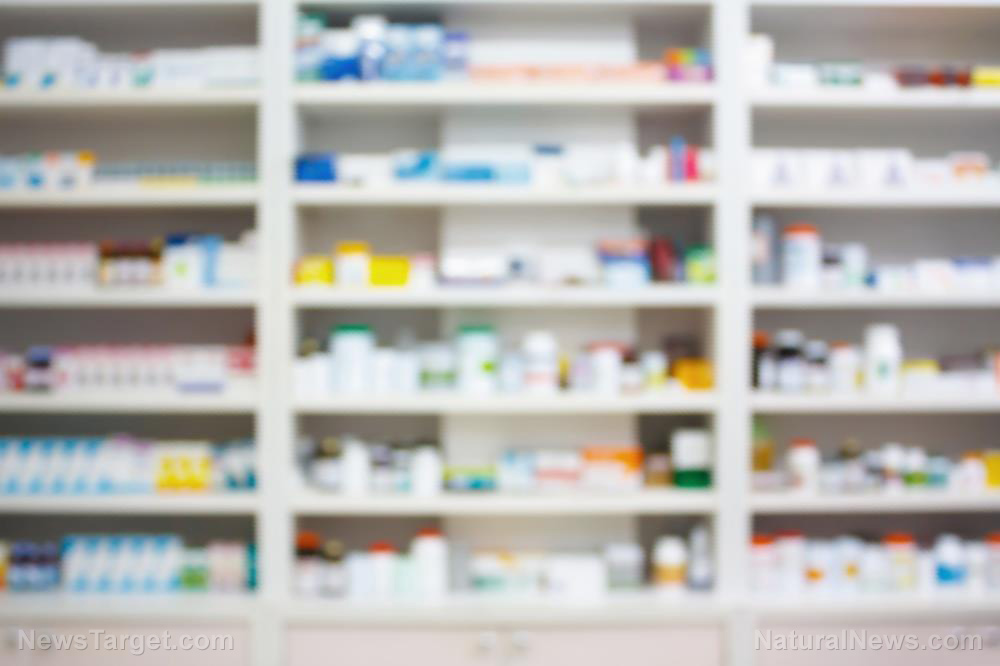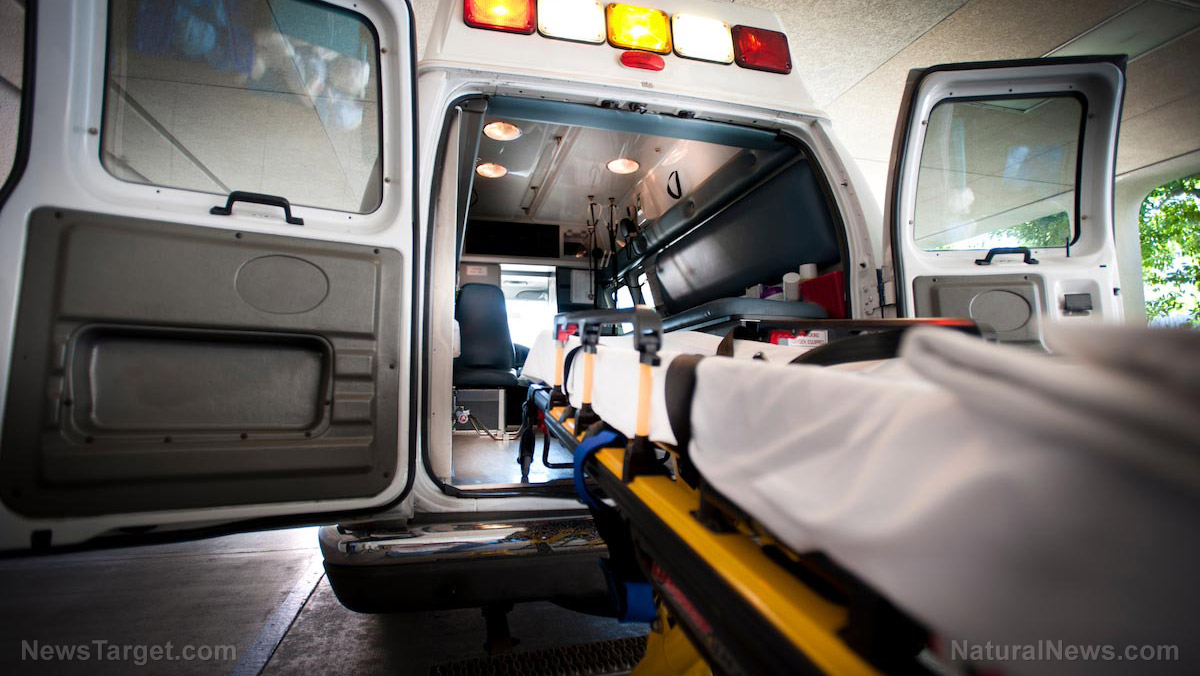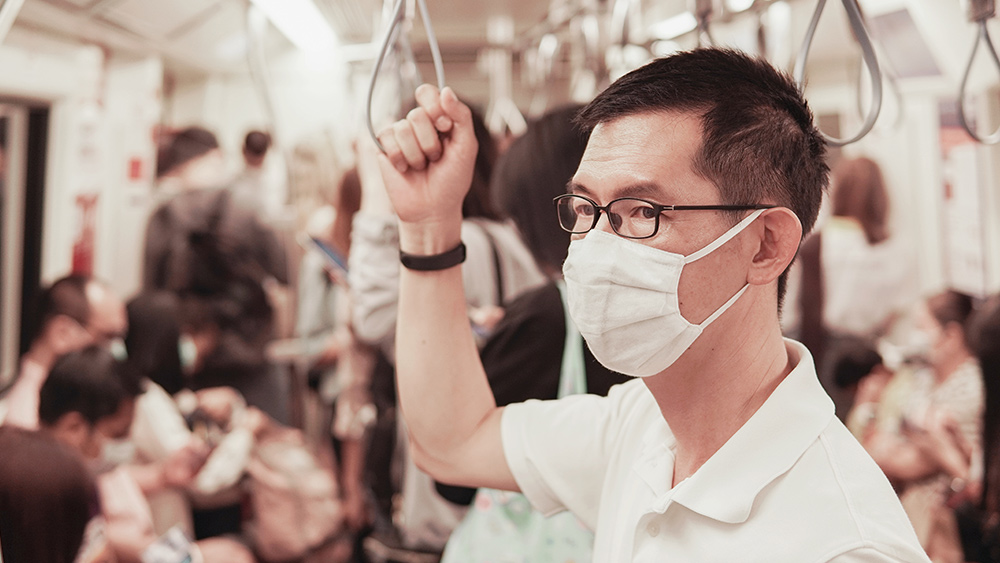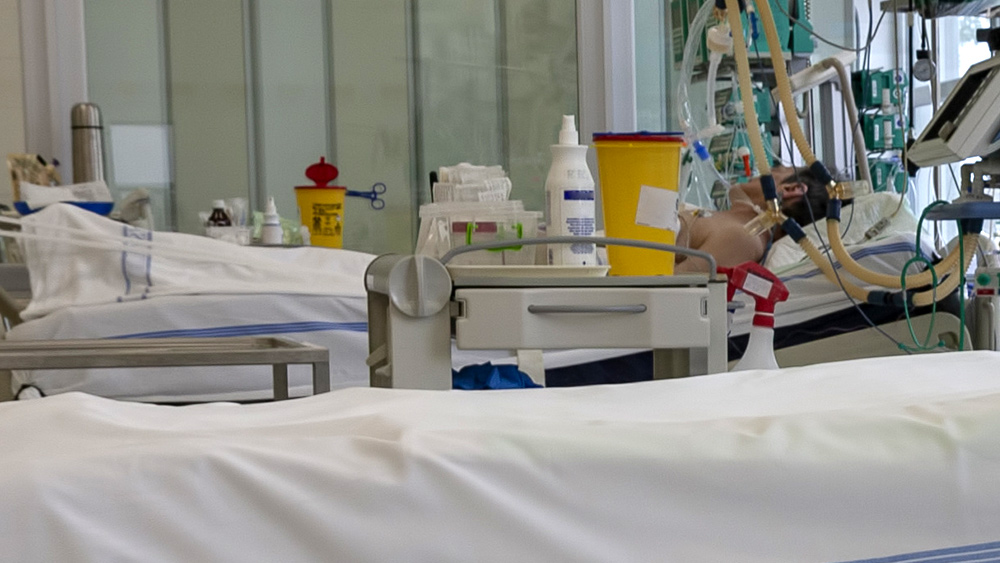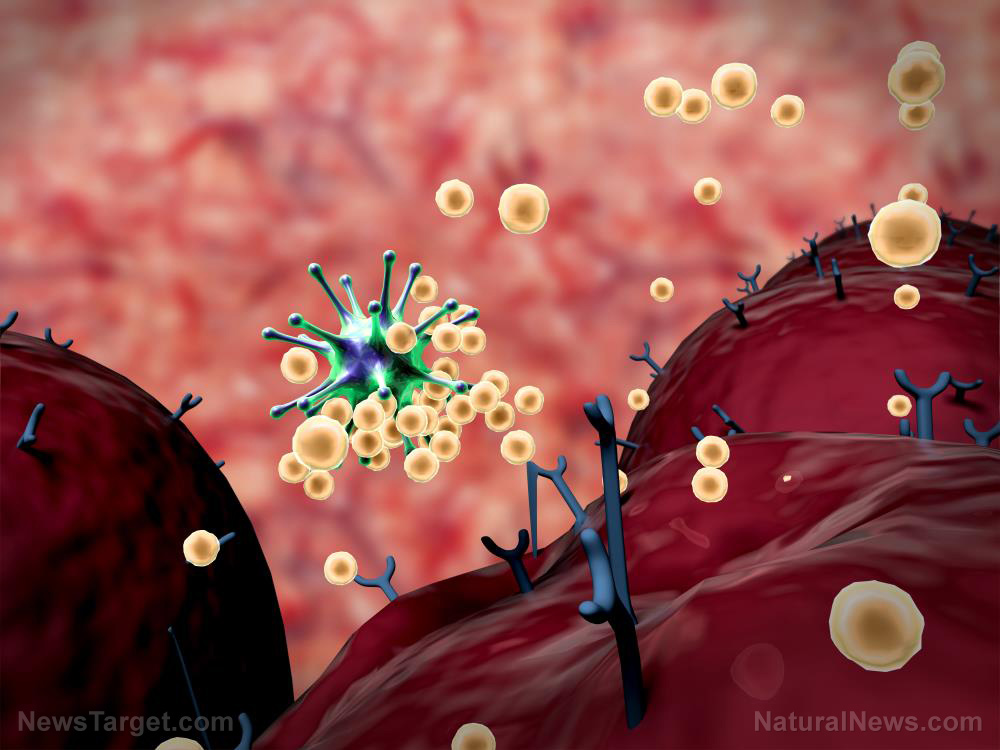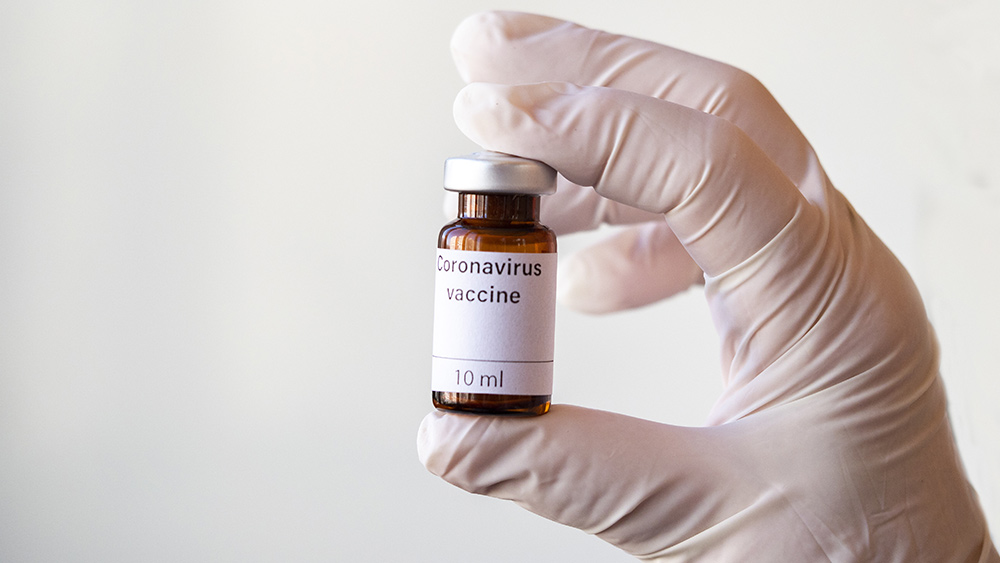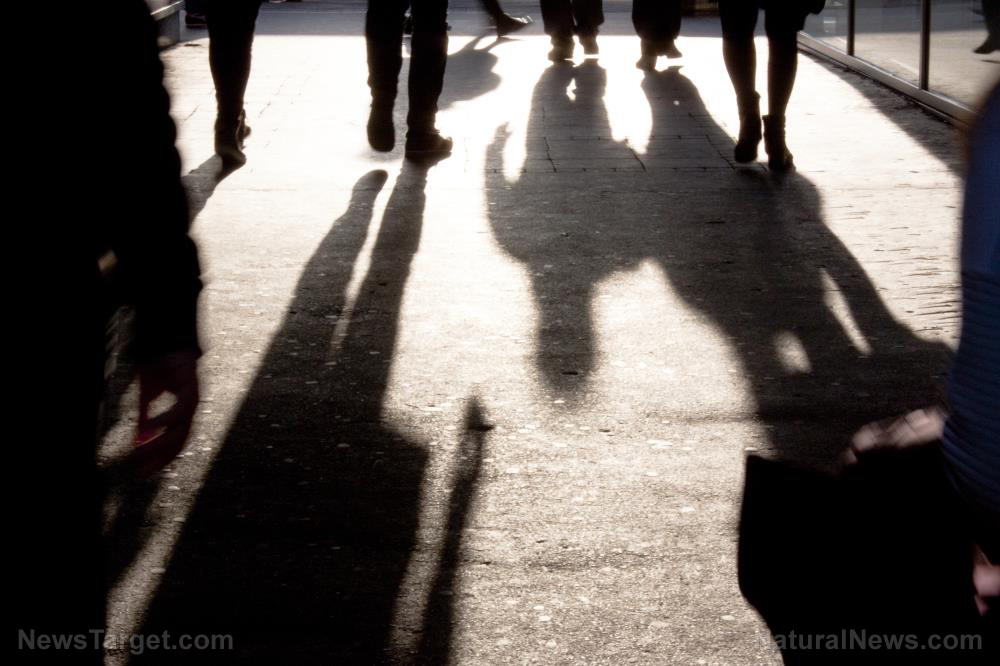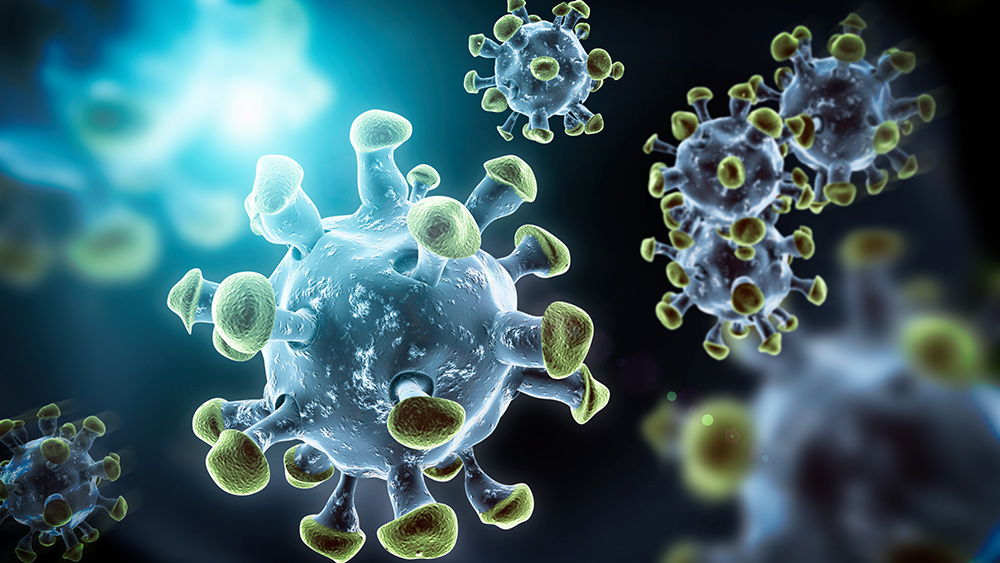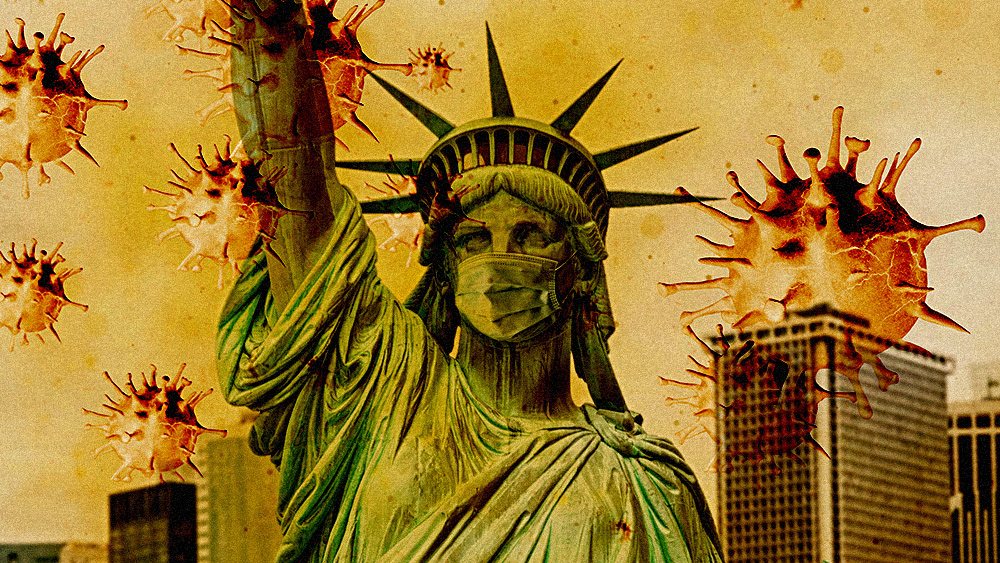People with mild symptoms can develop immunity against coronavirus, says research
06/15/2020 / By Ralph Flores

French researchers have found that even mild cases of the Wuhan coronavirus (COVID-19) can produce antibodies in almost all patients. In addition, they reveal that the patient’s defenses against the virus increase as he starts recovery.
The report, which is posted on the medRxiv server, adds evidence that people who have recovered from COVID-19 could acquire some degree of immunity. But it’s still unclear how long recovered patients carry immunity or to what degree.
The issue of whether a person develops immunity against the coronavirus is something that continues to baffle scientists and policymakers alike. Currently, even scientists are divided on the idea that people with COVID-19 develop an immunity to it, and many public health policies are hinged on people developing immunity from the disease, or herd immunity.
Based on initial reports, patients who have mild COVID-19 symptoms either lack or have a limited presence of antibodies.
Most patients with mild symptoms develop antibodies
In the current study, researchers from the Pasteur Institute in Paris took samples from over 160 health workers from the CHU de Strasbourg Hospital in France. The health workers all tested positive for COVID-19 after a “super-spreader” event – a five-day prayer and fasting gathering at an evangelical church in eastern France. While the health workers who participated in the study had the coronavirus, they weren’t ill enough to be admitted to hospital.
The team noted that most COVID-19 studies on immunity looked at patients who were hospitalized following severe illness and then recovered. Their study, in contrast, focused on mild cases, which make up for around 80 percent of all infections.
The researchers used two assay tests to determine if the participants had developed antibodies – a commercially available test kit, and a test designed by the team to identify if antibodies were produced and if they have the ability to neutralize the virus. From the results of the second test, 99.4 percent of the participants produced antibodies – only one participant, a 58-year-old man, had no antibodies detected.
The team also noted that a person’s antibody response grew stronger as he recovered. The antibodies were also effective in fighting off the virus. (Related: Coronavirus hijacks immune cells to create cytokine storms, says new study.)
“The [neutralizing] activity is present much later than the appearance of antibodies and this is encouraging,” senior author Olivier Schwartz told Le Monde newspaper. He also added that his team is looking forward to studying the participants further to see how long the antibodies stay in their system.
The researchers also noted that the ability of antibodies to neutralize the virus becomes stronger over time. In particular, the neutralization activity of the antibodies was at 97 percent four weeks after the onset of symptoms. This could mean that most individuals with mild COVID-19 symptoms develop antibodies within a month after exhibiting symptoms.
“Although not yet demonstrated, several lines of evidence suggest that the presence of [neutralizing] antibodies may be associated with protective immunity for Sars-CoV-2 infection,” the researchers concluded in their report. They added that patients who recovered from SARS-CoV, the virus responsible for the 2003 SARS outbreak, had antibodies that persisted for at least two years after the infection.
Meanwhile, a separate study from the Chinese Academy of Sciences reported a case of a monoclonal antibody from a recovering COVID-19 patient. In the report, which was published in Nature, the team noted that the antibody exhibited a strong ability to kill the virus when it was used in treatment, as well as prevent the increase in viral load during preventive treatment.
Pandemic.news has more on the ongoing coronavirus outbreak.
Sources include:
Tagged Under: antibodies, biological weapons, bioweapon, breakthrough, coronavirus, covid-19, discoveries, Flu, health science, herd immunity, infections, mortality rate, outbreak, pandemic, Public Health, research, SARS-CoV-2, symptoms, viral infection, virus

